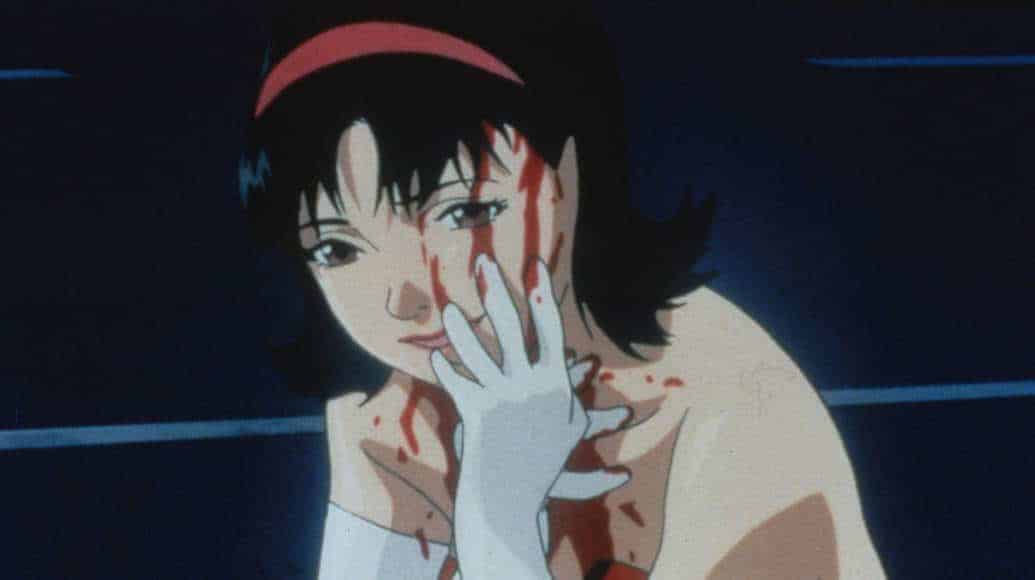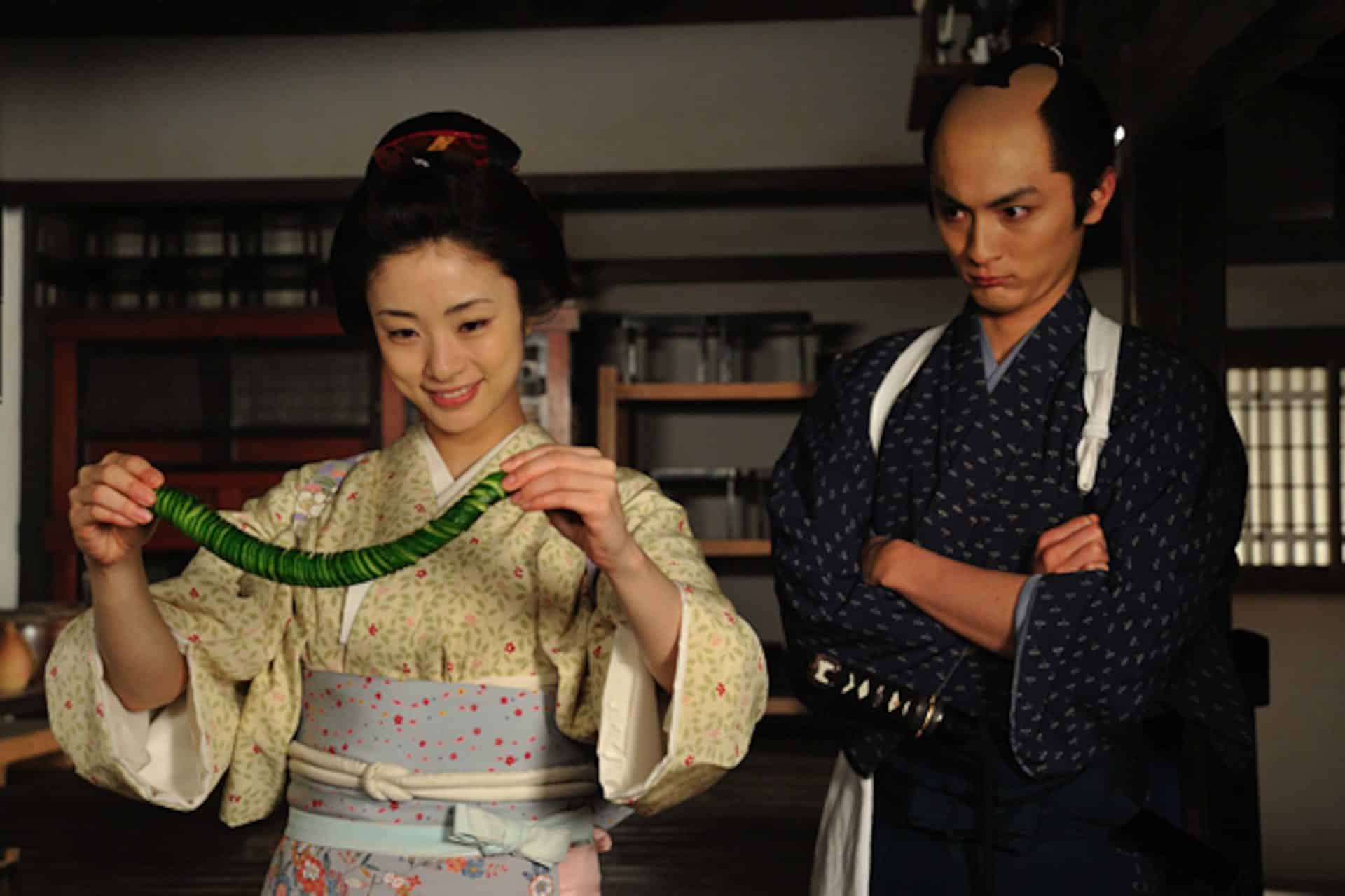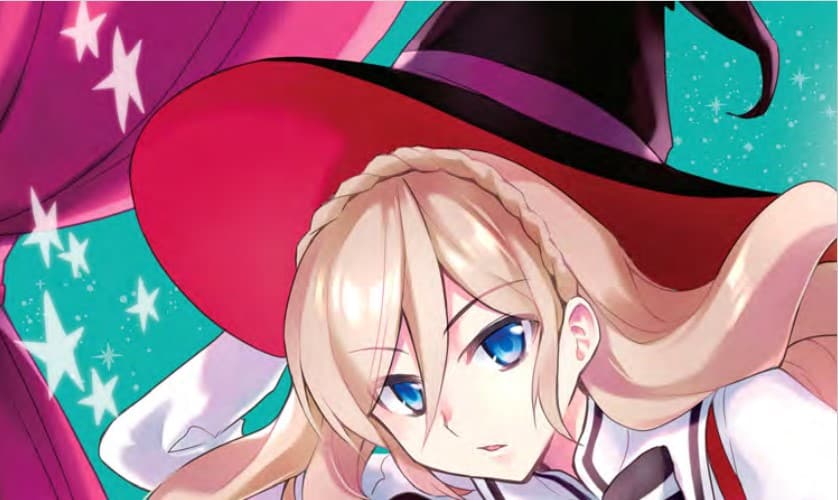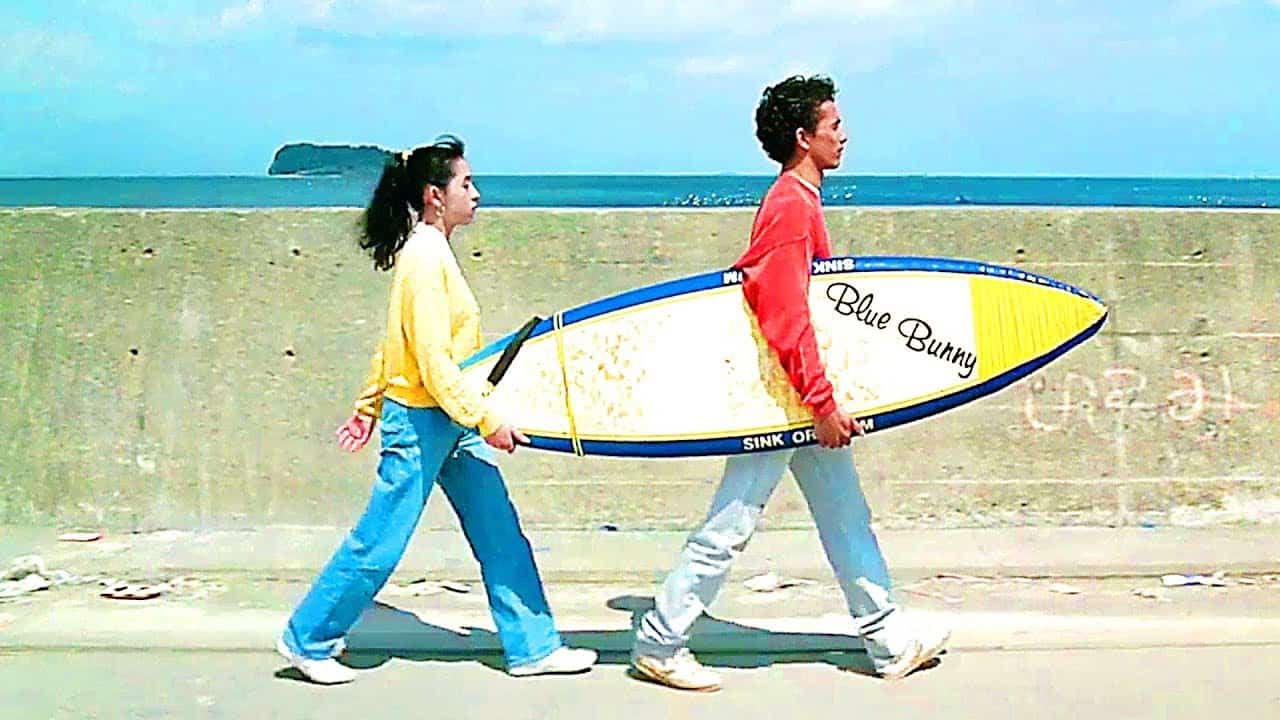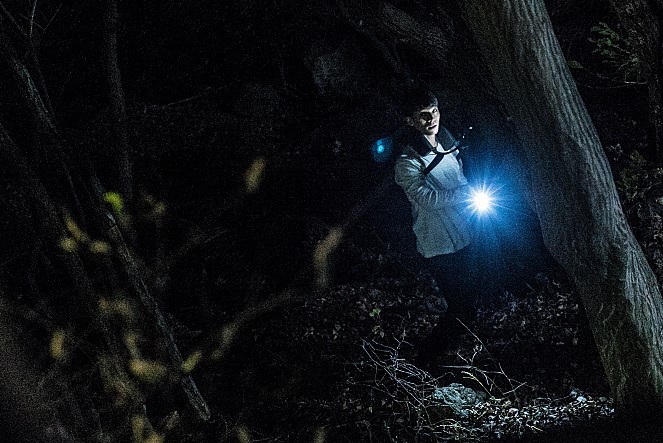“Taiwanese Cha Cha Cha” is perhaps a surprisingly light-hearted, pleasant tale of lost dialects and generational gaps rife within Taiwanese society. The winner of ‘Best Foreign Entertainment Narrative Film' in Japan's 2019 Kadoma International Film Festival, this black comedy short may not get to the root of the issues it looks at, but does provide something nonetheless enjoyable.
“Taiwanese Cha Cha Cha” is screening at CAAMFest Forward

Mainly, the plot revolves around two central characters. Firstly, there is PeiPei (Leechi), a 16-year-old student who, against her mother's advice to study hard for her upcoming college entrance exams, wants to visit her Grandpa who resides in the countryside. Worried about her lack of Taiwanese though, something likely to cause language barriers, she enlists the help of Xiaoqi (Chia Jen Hsu). A near polar opposite of PeiPei, the charismatic Xiaoqi is a talented student, and one who wishes to launch her career as a Taiwanese translator in spite of ridicule and doubt. Their unlikely friendship proves fruitful, though, leading to some unanticipated heart-warming results.
Predominantly, it is the youthful chemistry which manages to carry the short through a breezy 15-minute runtime. Although clearly raw, the two characters command themselves on the screen well enough, and offer something of a charming juvenility when going through their shared experiences. For example, when the two young girls attempt to hoodwink PeiPei's strict mother with false promises of an English lesson when the adult asks why her daughter happens to be outside, it comes across as relatable desperation. It is the type of lie one only tells in their naïve younger days, and Yang Yu-hui does an excellent job at affording such touches to her narrative.
Furthermore, the supporting roles add some useful light-relief to the plot, taking the burden away from the generally more resonant scenes depicting the anxiety that comes with a generational divide. Most notably, “Ice Boy” (Casio Chen), an apathetic young man giving out free shaved ice to advertise for a mayoral candidate, adds a rather humorous functionality to his scenes. Entirely detached and unenthused, he seldom talks, mostly scratching his legs and staring blankly into space throughout his shifts, yet invites a sense of curiosity from the viewer as to who exactly he really is. Of course, given the brevity of the movie, this is left entirely unexplored, but the notion of the questioning still allows for even the most miniscule of characters to be given some significance.
Continuing, although only a quarter-hour long, each actor manages to stand out somewhat, giving their characters a steadfast likeability. In this regard, it is Chia Jen Hsu who stands out most emphatically, operating as a hyper-energetic, magnetically excitable young woman in Xiaoqi. Her exuberance radiates during the course of her portrayal, Chia accurately depicting a woman who is smart enough to apply herself, yet self-aware enough to still be humble, knowing she has a lot to learn in a world full of culture and expectation.
Technically, though, the film does falter slightly. With an irritating insistence on point-of-view shots, as well as close-ups, some aspects of the production feel cheapened, or at the very least less impactful, as it makes for an entirely jarring experience. Similarly, Yang's editing can be a little too “on the nose” at times, moving discordantly between scenes by using signage, or sudden, surprising location changes. However, the critique cannot be too harsh for this, especially given the movie's low-budget, and Yang does do a good job of making her location's simmer with colour and vibrancy, thus making the parts shot competently more than pleasurable viewing.
In conclusion, “Taiwanese Cha Cha Cha” is a largely comedic attempt at looking at the ways that changing dialects can affect the older and younger generations, but one which still packs a genuinely resonant punch. It may not be the most memorable short film ever made, nor the sleekest, but there is something about the raw, moderately off-kilter presentation which makes this a rightly agreeable piece of cinema.




